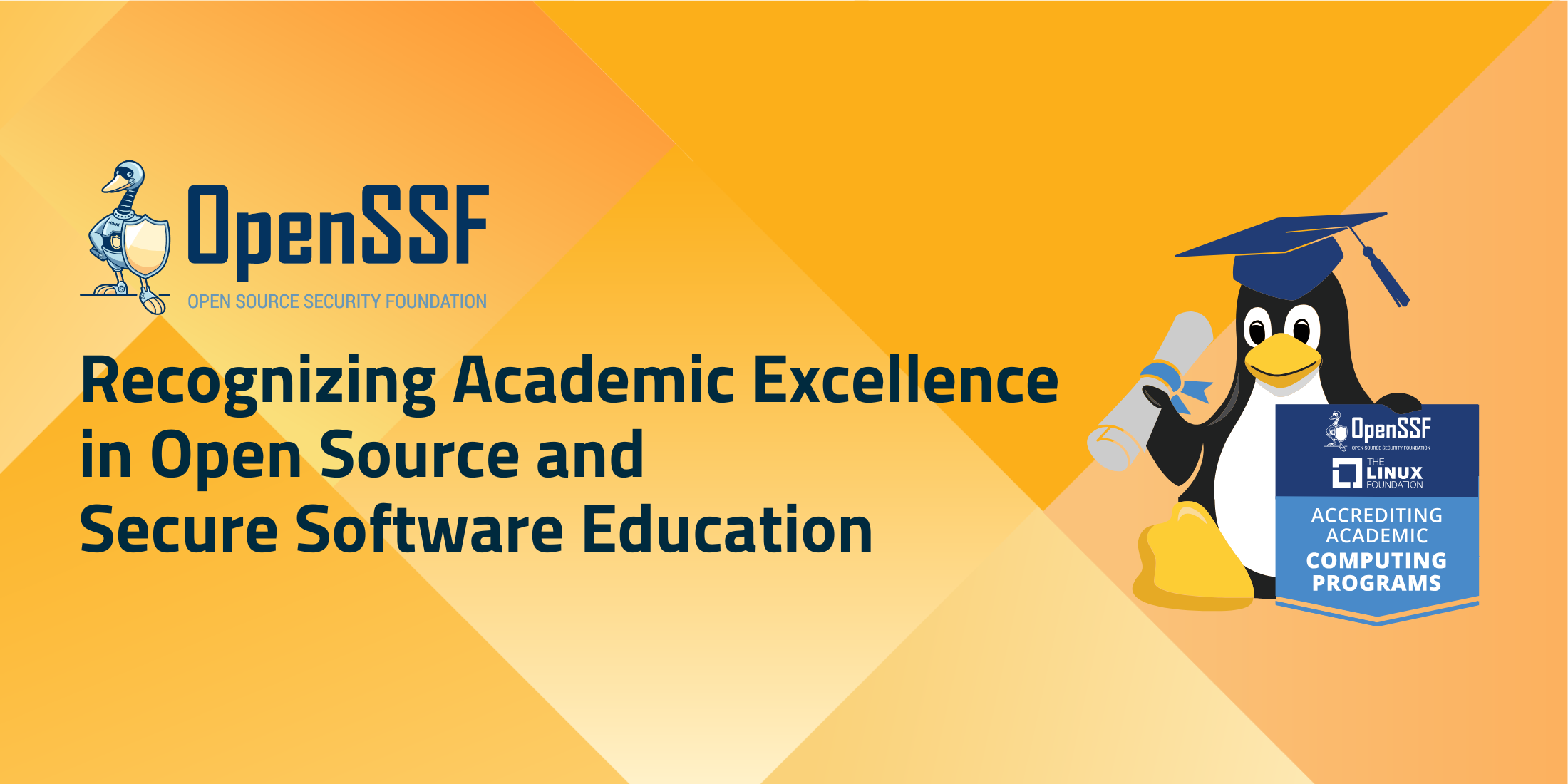
Modern software demands more than technical know-how—it requires a deep understanding of secure, sustainable, and scalable systems. Recognizing this, the Linux Foundation has launched its Academic Computing Accreditation Program, formally recognizing academic programs that align with industry-approved curricula from both the Open Source Security Foundation (OpenSSF) and the Cloud Native Computing Foundation (CNCF).
This initiative ensures that students are not only equipped with practical skills but also prepared to contribute meaningfully to the open source ecosystems that power today’s infrastructure.
Two Tracks for a Growing Ecosystem
The program currently supports two certification pathways, each rooted in a key area of open source innovation:
- Cloud Native Computing Foundation (CNCF) Certification – focused on cloud-native technologies, including containers, service meshes, microservices, and declarative infrastructure. This track reflects the growing demand for scalable and resilient systems that can thrive in dynamic cloud environments.
- Open Source Security Foundation (OpenSSF) Certification – centered on secure open source software development, maintenance, and consumption. As the software supply chain becomes increasingly complex, this certification supports academic programs that are preparing students to understand and implement security best practices in the open source world.
Preparing Students for the Real World
Each accreditation is based on a combination of general criteria—which all programs must meet—and program-specific criteria tailored to the unique focus of each certification track. These criteria were developed in collaboration with experts from across the Linux Foundation’s projects to ensure academic programs meet high standards for technical education and real-world readiness.
Programs aligned with the OpenSSF certification are helping students build a foundational understanding of secure coding, threat modeling, and the nuances of working within the open source ecosystem—skills that are increasingly in demand across both private and public sectors.
Note that the term “accreditation” here simply means that these academic programs have been reviewed against specific criteria developed by the Linux Foundation. This accreditation is not intended to replace other accreditation systems, such as those by UNESCO and ABET, but it can serve as a valuable complement to them.
Building a More Resilient Future Together
By offering academic accreditation, the Linux Foundation is helping bridge the gap between education and industry. Whether a program is focused on cloud-native innovation or open source security, the goal is the same: to prepare students to contribute to a healthier, more resilient computing landscape.
We’re excited to support the institutions training the next generation of developers, maintainers, and contributors who will shape the future of software.
Learn more about how your academic program can get involved: Linux Foundation Academic Computing Accreditation Program